BGS adds more than 60 new carbon dioxide storage units to its national carbon dioxide storage database
BGS has delivered its first major update of the national carbon dioxide storage database, CO2 Stored.
30/01/2024 By BGS Press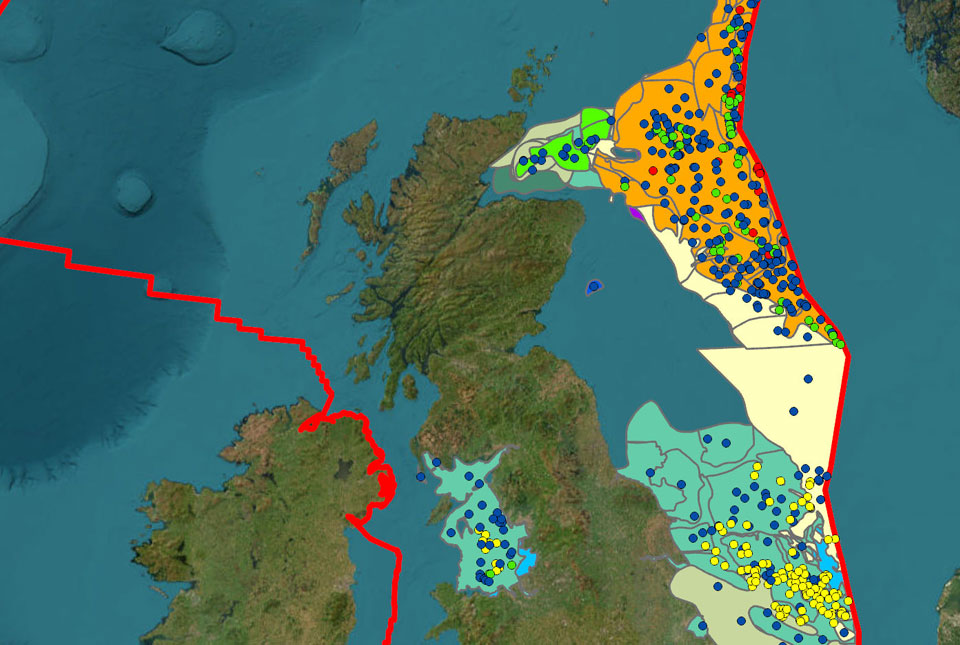
The UK Industrial Decarbonisation Research and Innovation Centre (IDRIC) funded research by BGS and Heriot-Watt University (HWU) to update the UK’s national carbon dioxide (CO2) storage database, adding 61 new and updating more than 210 CO2 storage units offshore UK.
CO2 Stored is the UK’s national online evaluation database that identifies the geological storage potential under the UK seabed. Geological storage of CO2 is a key component of industry carbon capture and storage (CCS) projects to permanently reduce release of emissions to the atmosphere.
IDRIC CO2 Stored 2.0 has delivered the first major update of the underpinning data in the UK national database since its population in 2011. Information on oil and gas is confidential for the first five years; this update has added new hydrocarbon field storage data from a 15-year period.
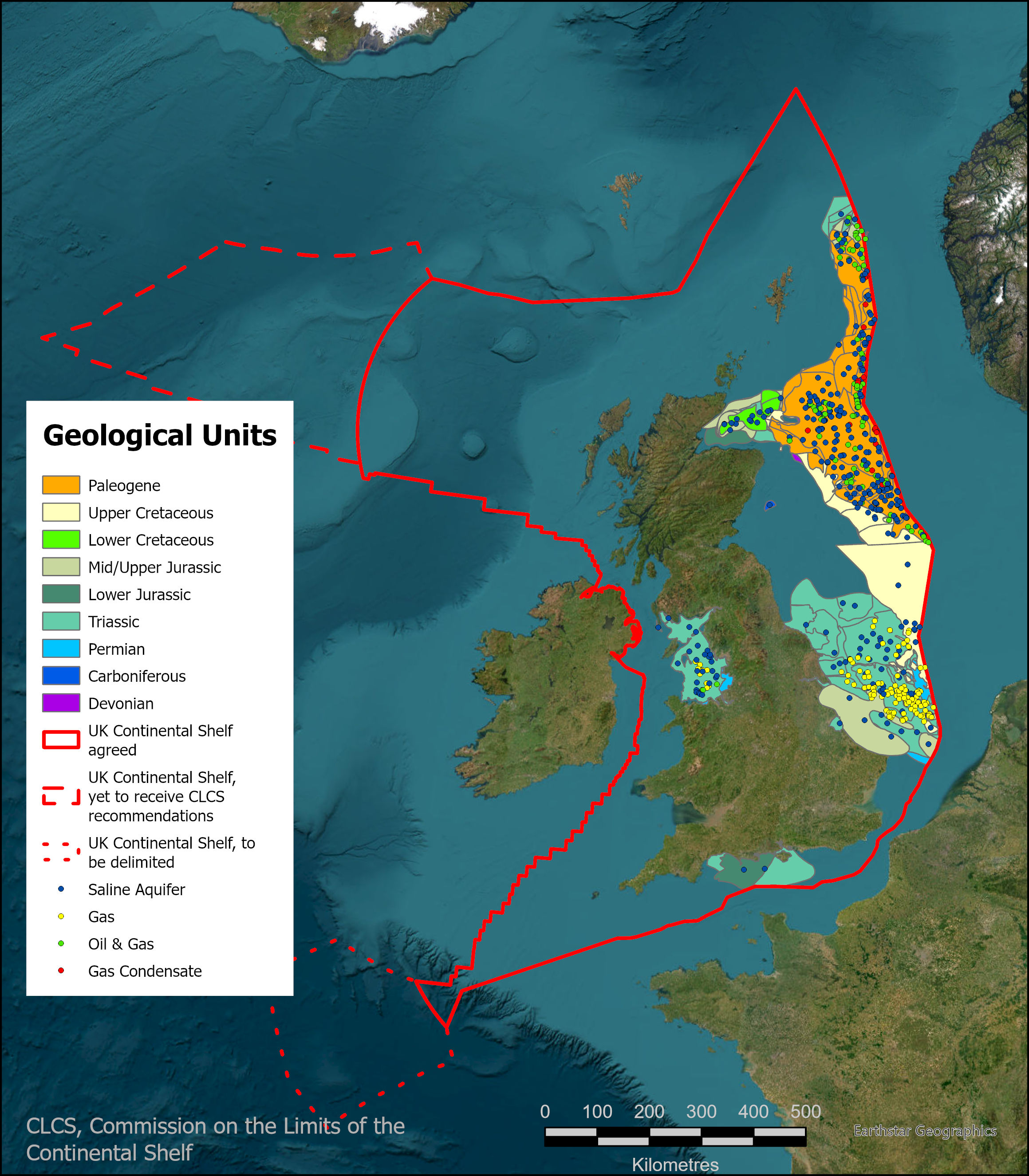
A map of CO2Stored, which shows CO2 Storage units offshore UK. BGS © UKRI.
The updated database provides access to 630 potential storage units in the UK, including saline aquifers and depleted oil and gas fields, as well as:
- remapping and updated information for stores in the East Irish Sea Basin
- data from the Government- and industry-supported Peterhead and White Rose CCS and Strategic Storage Appraisal projects
- updates for 205 and addition of 61 hydrocarbon field storage units
The UK is a global leader in provision of online information via its national CO2 storage resource. Data is freely available and gives users access to detailed information on the storage units within the database. It has been the starting point for industry CO2 storage projects, as well as informing Government strategy and providing data for academic research to reduce CO2 emissions in the UK and more widely.
I’m delighted to announce the first major update of the data underpinning the UK national CO2 storage database by the CO2 Stored 2.0 project. BGS is the national provider of geoscience information for the UK. Up-to-date data is now available to inform industry plans, the UK Government and regulatory strategy, and research to help reduce our CO2 emissions in the UK and worldwide.
Maxine Akhurst, BGS Principal Geologist and project leader.
As we come closer to industrial scale roll-out of CCS in the UK Continental Shelf, it is increasingly evident that a mature hydrocarbon basin means there will be greater challenges and opportunities for successful CCS deployment. Data for 61 hydrocarbon field storage units not previously available in the database have been added: as a result, CO2 Stored is an even more comprehensive tool for evaluating opportunities in depleted and depleting oil and gas fields and in neighbouring brine-filled aquifer formations.
Prof Eric Mackay, leader of HWU’s CO2Stored 2.0 research.
IDRIC’s whole system’s programme of 100 research projects has demonstrated the capacity to be responsive to industry needs and be an engine of green growth. This important research project underpins crucial knowledge to understand the UK’s capacity for permanent geological storage of CO2 captured at the UK’s industrial clusters. CO2 storage enables industry plans to decarbonise by deploying Carbon Capture Utilisation and Storage (CCUS). Up-to-date and improved understanding of the UK CO2 storage resource is essential to inform scale-up and acceleration of these development and deployment plans by industry.
By integrating findings such as the outputs of this project across IDRIC’s research portfolio, we are directly informing plans for decarbonisation of the UK’s largest industrial clusters, as well as nurturing transformative collaborations between the clusters and academic research teams local to them.
Prof Mercedes Maroto-Valer, champion and director of the Industrial Decarbonisation Research and Innovation Centre.
Relative topics
Related news

Goldilocks zones: ‘geological super regions’ set to drive annual £40 billion investment in jobs and economic growth
10/06/2025
Eight UK regions identified as ‘just right’ in terms of geological conditions to drive the country’s net zero energy ambitions.

New interactive map viewer reveals growing capacity and rare earth element content of UK wind farms
16/05/2025
BGS’s new tool highlights the development of wind energy installations over time, along with their magnet and rare earth content.
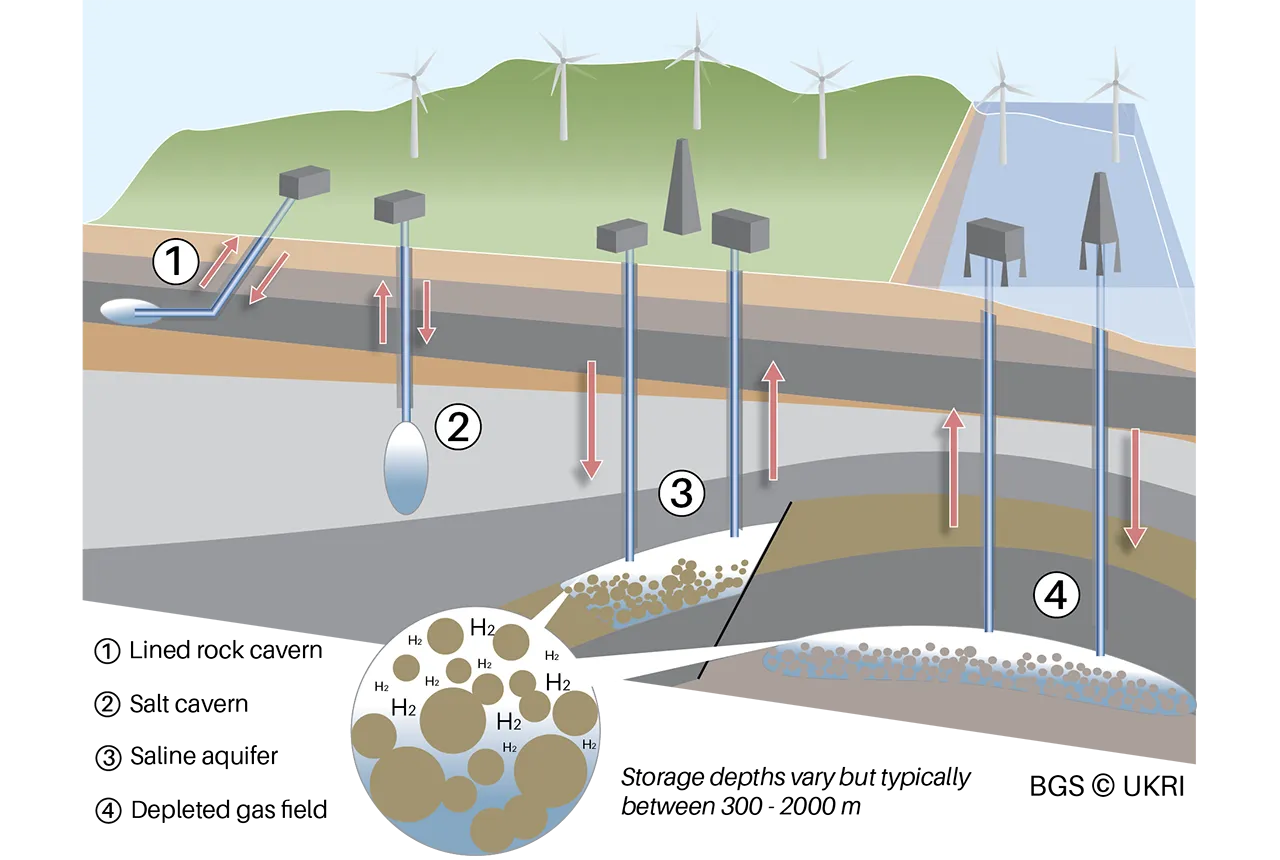
Making the case for underground hydrogen storage in the UK
03/04/2025
A new BGS science briefing note focuses on the potential of hydrogen storage to support the UK energy transition.
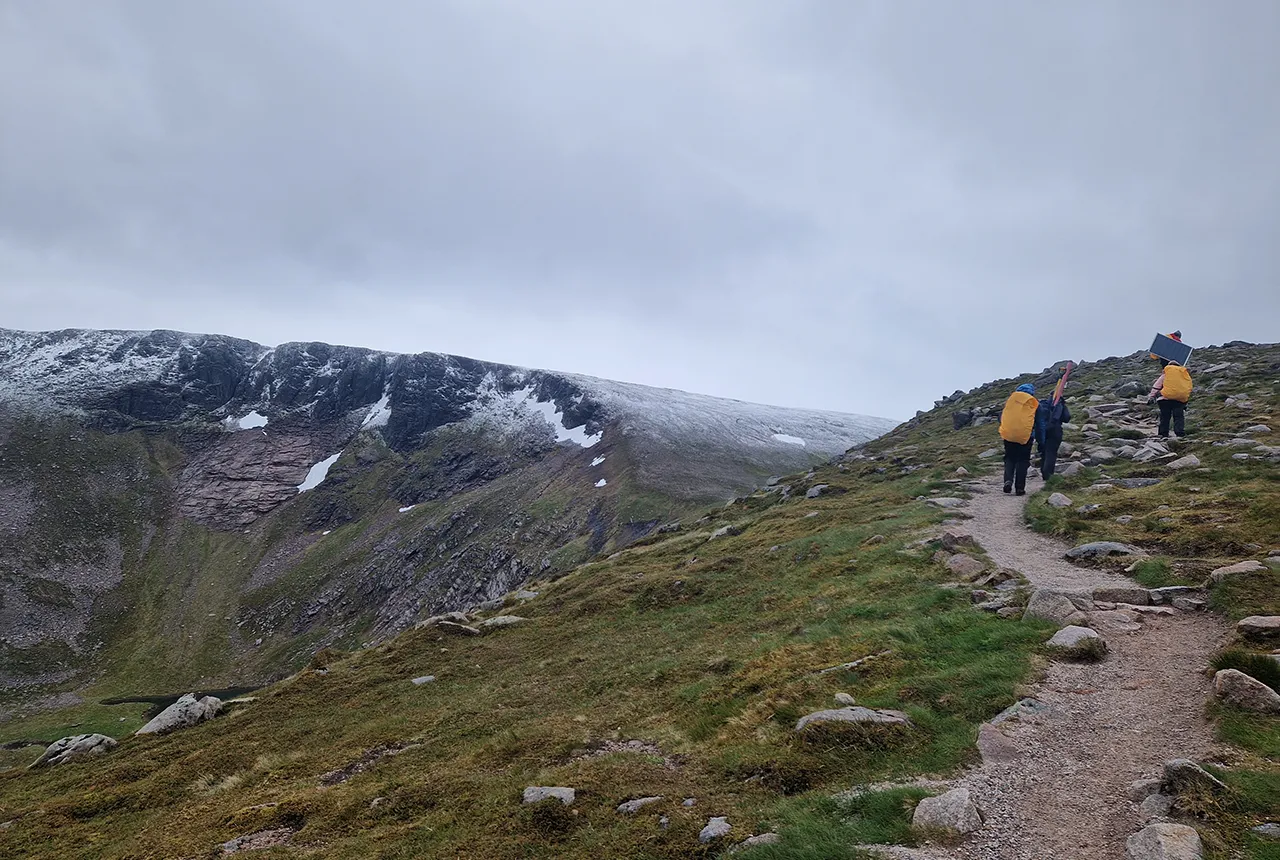
Exploring Scotland’s hidden energy potential with geology and geophysics: fieldwork in the Cairngorms
31/03/2025
BUFI student Innes Campbell discusses his research on Scotland’s radiothermal granites and how a fieldtrip with BGS helped further explore the subject.
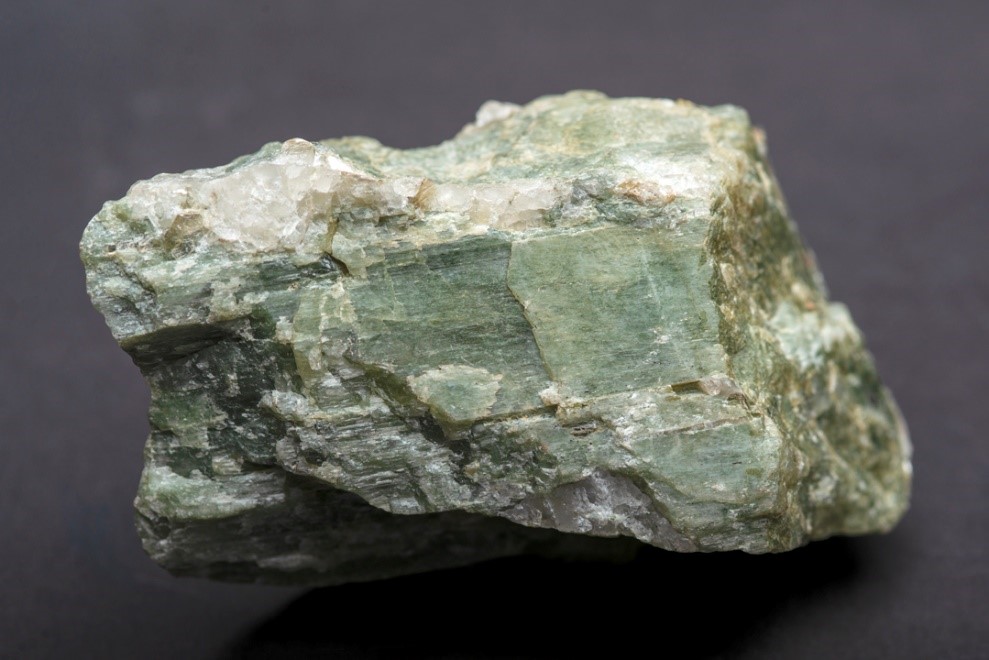
Future projections for mineral demand highlight vulnerabilities in UK supply chain
13/03/2025
New Government-commissioned studies reveal that the UK may require as much as 40 per cent of the global lithium supply to meet anticipated demand by 2030.
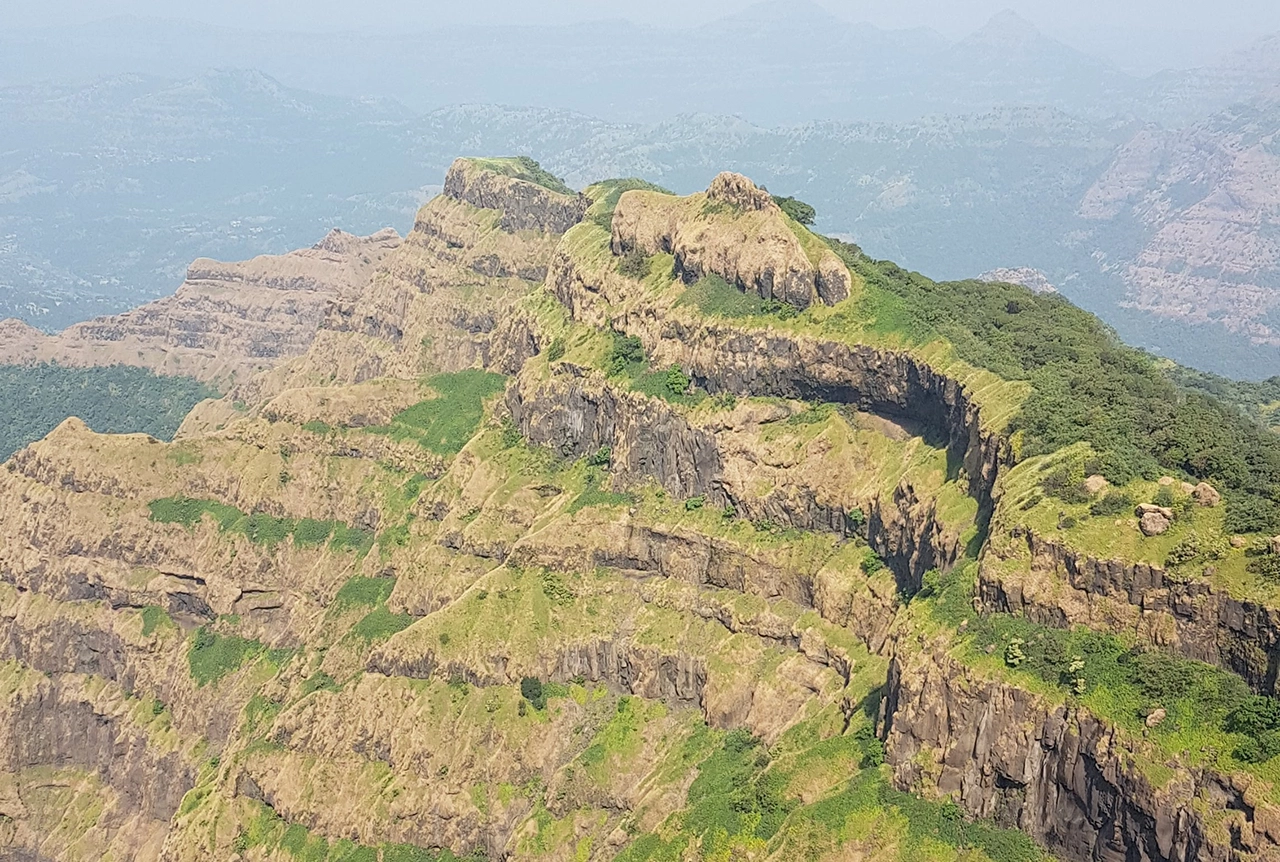
Could underground disposal of carbon dioxide help to reduce India’s emissions?
28/01/2025
BGS geologists have partnered with research institutes in India to explore the potential for carbon capture and storage, with an emphasis on storage.
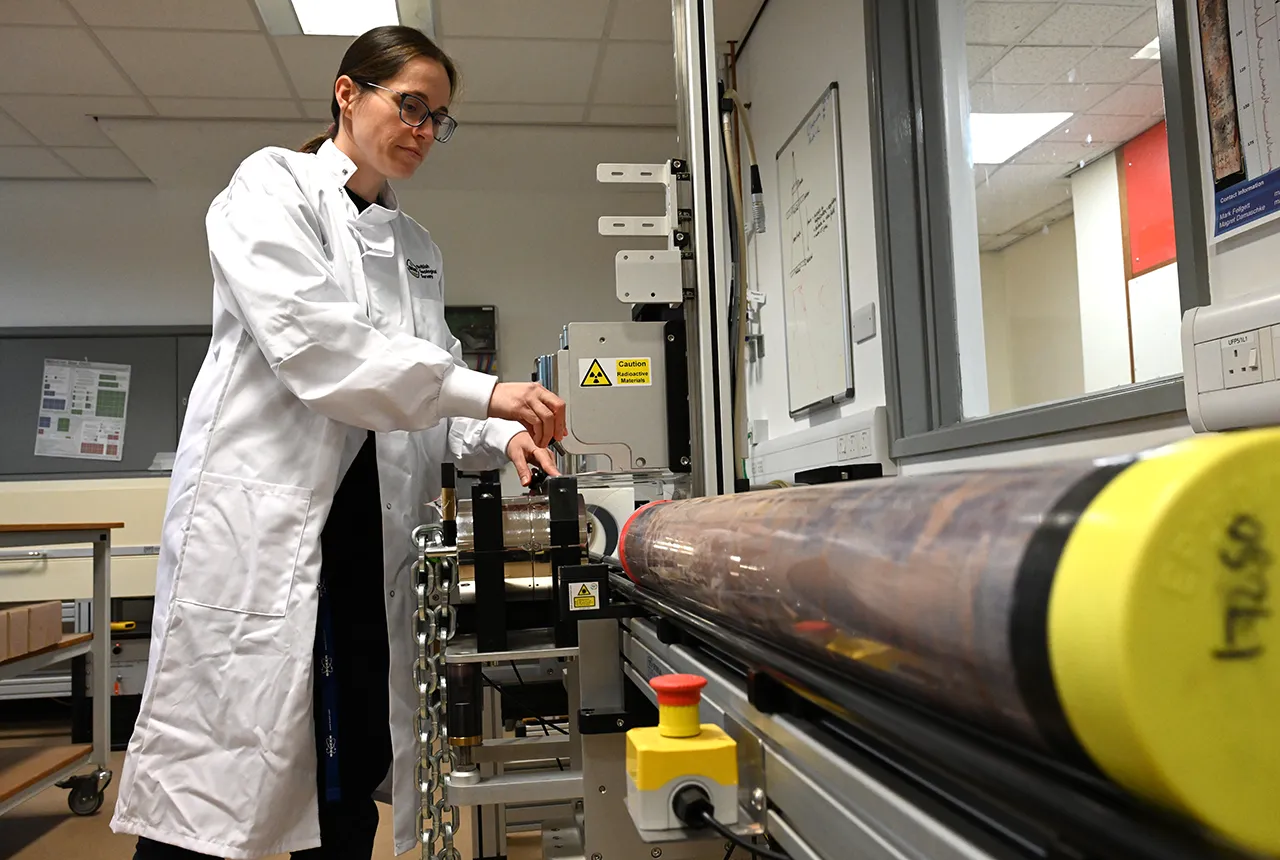
Prehistoric power: 250-million-year-old rocks could contain secrets to net zero future
05/12/2024
BGS has completed a comprehensive scan of Mercia Mudstone rocks that could hold geological secrets of the UK’s past and provide a boost for net zero.
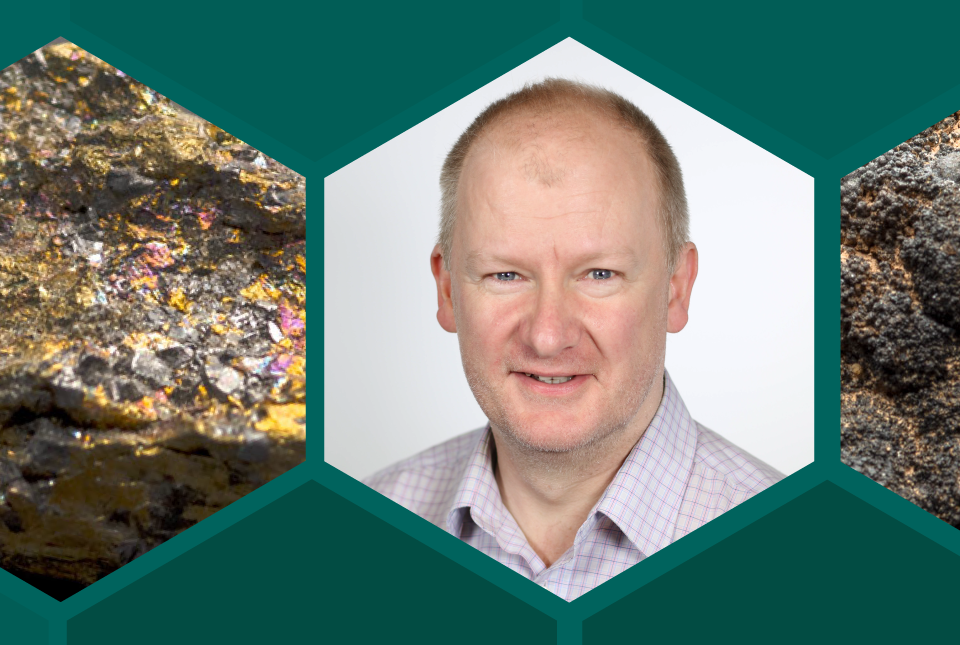
The challenge of assessing the UK economy’s dependence on mineral supply
28/11/2024
Critical, essential, or just plain important? Dr Gavin Mudd, director of the Critical Minerals Intelligence Centre, discusses the findings and new methodology featured in the 2024 UK Criticality Assessment.
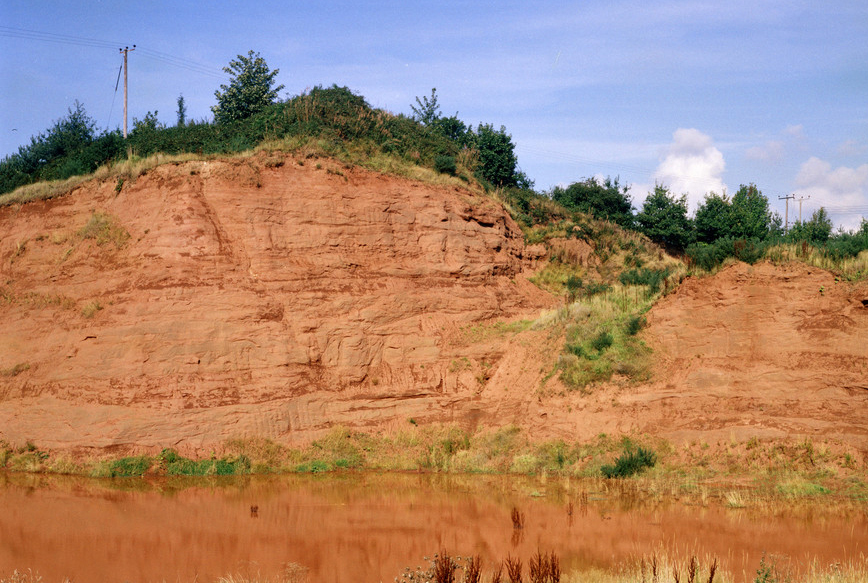
Next stage of funding awarded for project on hydrogen storage potential in the East Midlands
17/10/2024
BGS will conduct essential studies on hydrogen behaviour in the subsurface to predict, measure and monitor underground hydrogen storage.
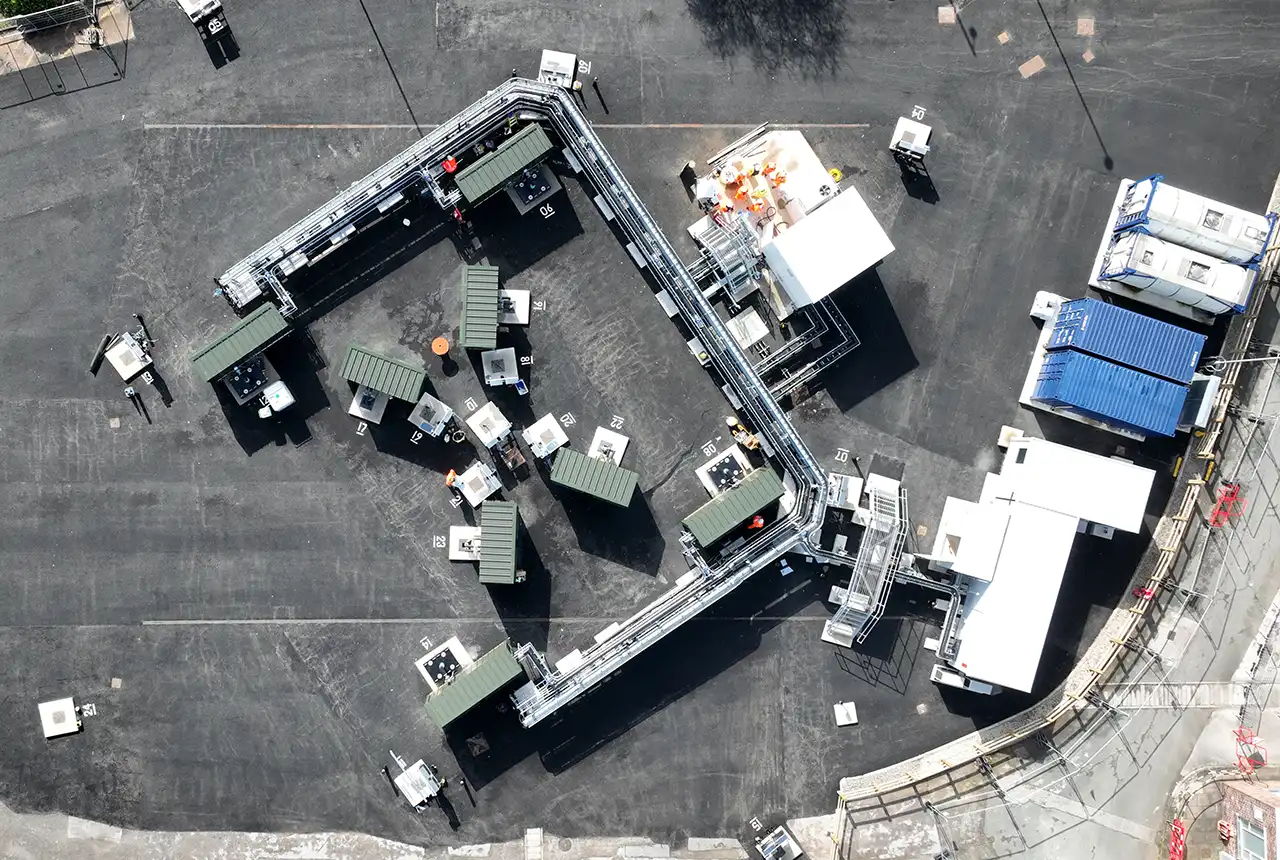
World-class facility creates new opportunities for geothermal energy in Cheshire
10/10/2024
The £8.3 million underground observatory will enhance the UK’s knowledge on the clean energy required to decarbonise heating.
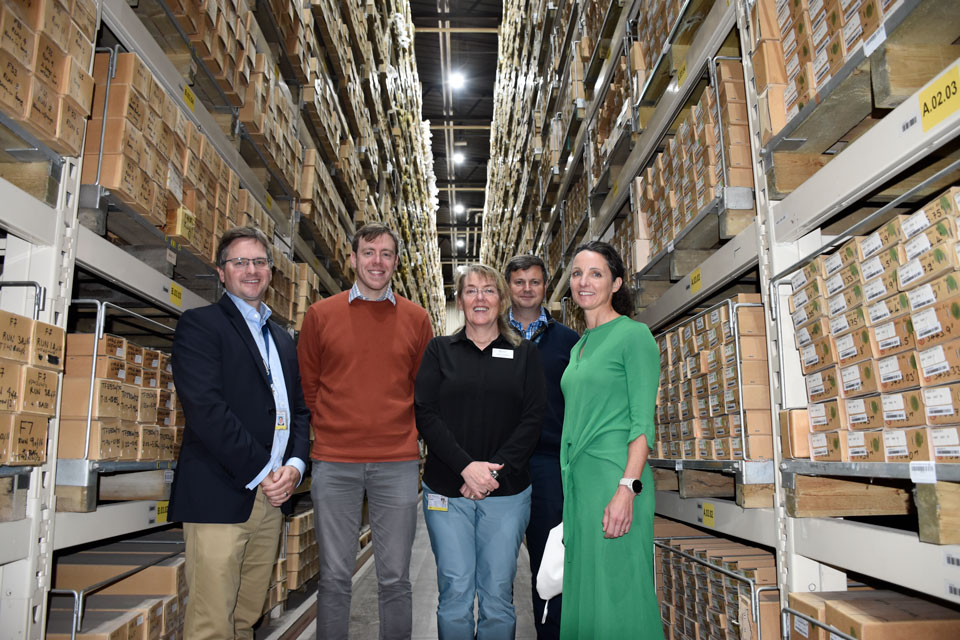
Local MP checks in on development of new geothermal ‘living laboratory’ in Nottinghamshire
19/09/2024
BGS has reached the halfway mark on its ambitious ground-source heat pump project at its headquarters in Keyworth, Nottinghamshire.
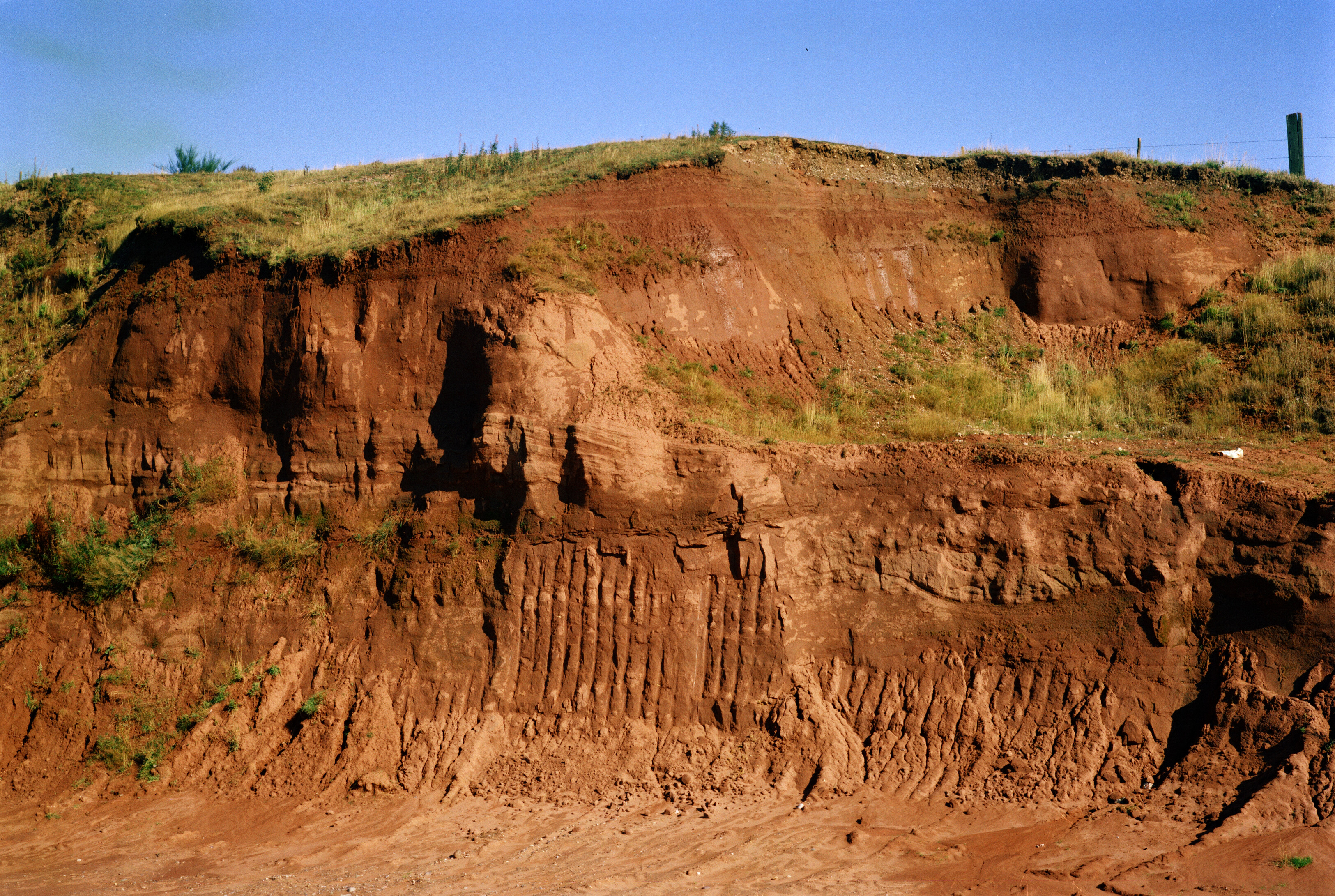
Funding awarded for study on hydrogen storage potential in the East Midlands
19/08/2024
A new study has been awarded funding to explore the underground hydrogen storage potential in the East Midlands.




